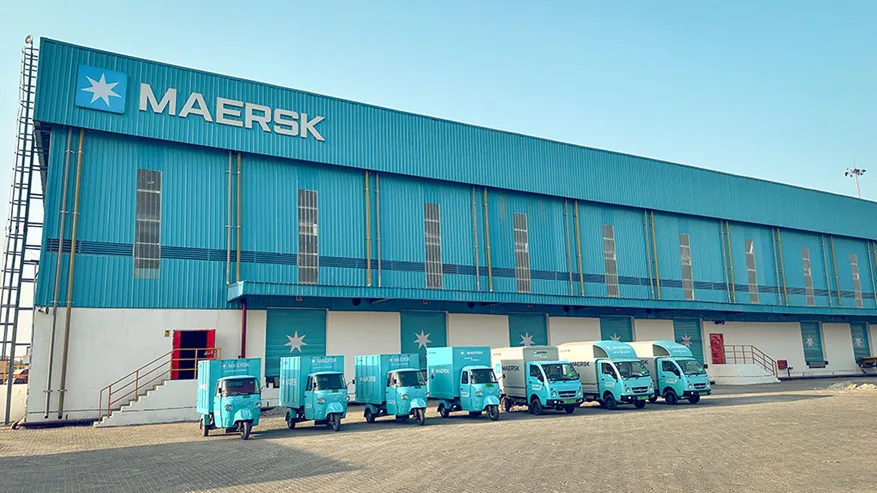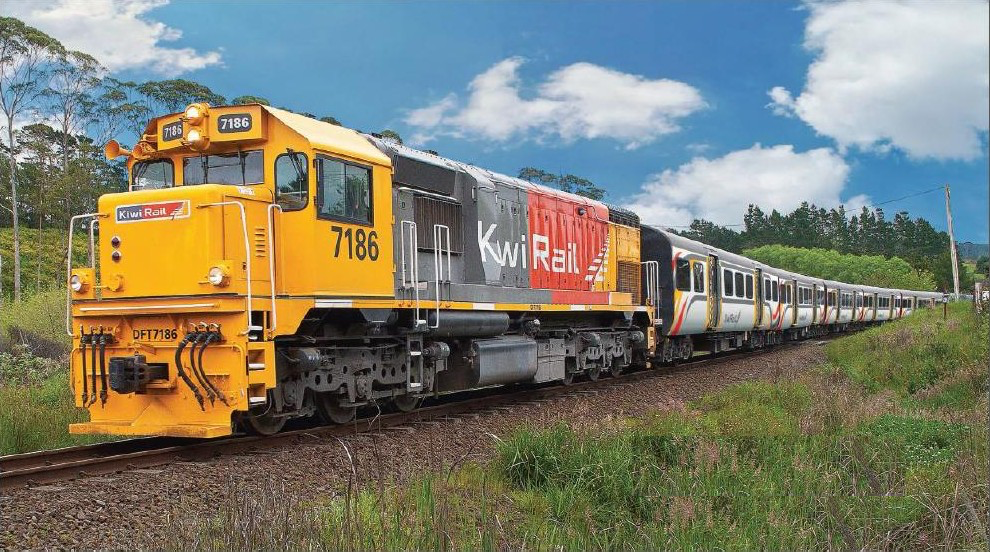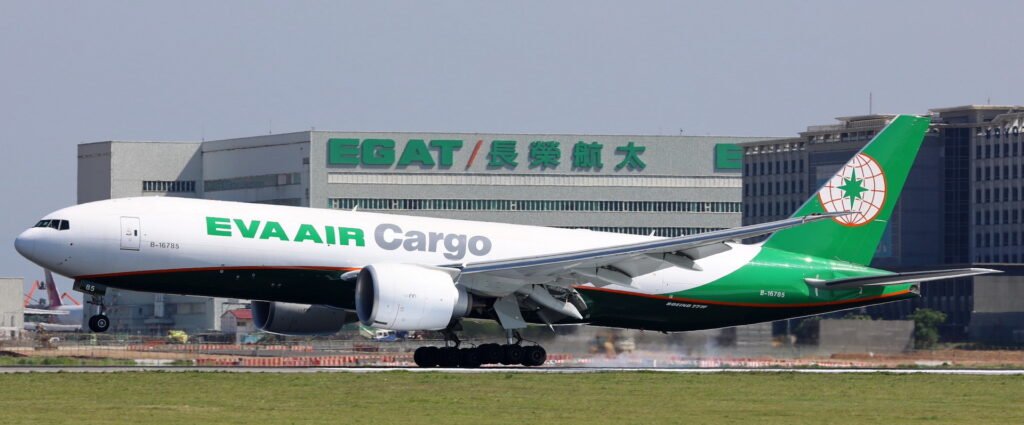Maersk and Air Cargo News highlight global trends in 2024 air cargo market
The air cargo sector is undergoing a demand slowdown due to global macroeconomic conditions. Post-Covid normalisation as well as global geopolitical crises, most notably in the form of military conflicts, have been the root cause.…


